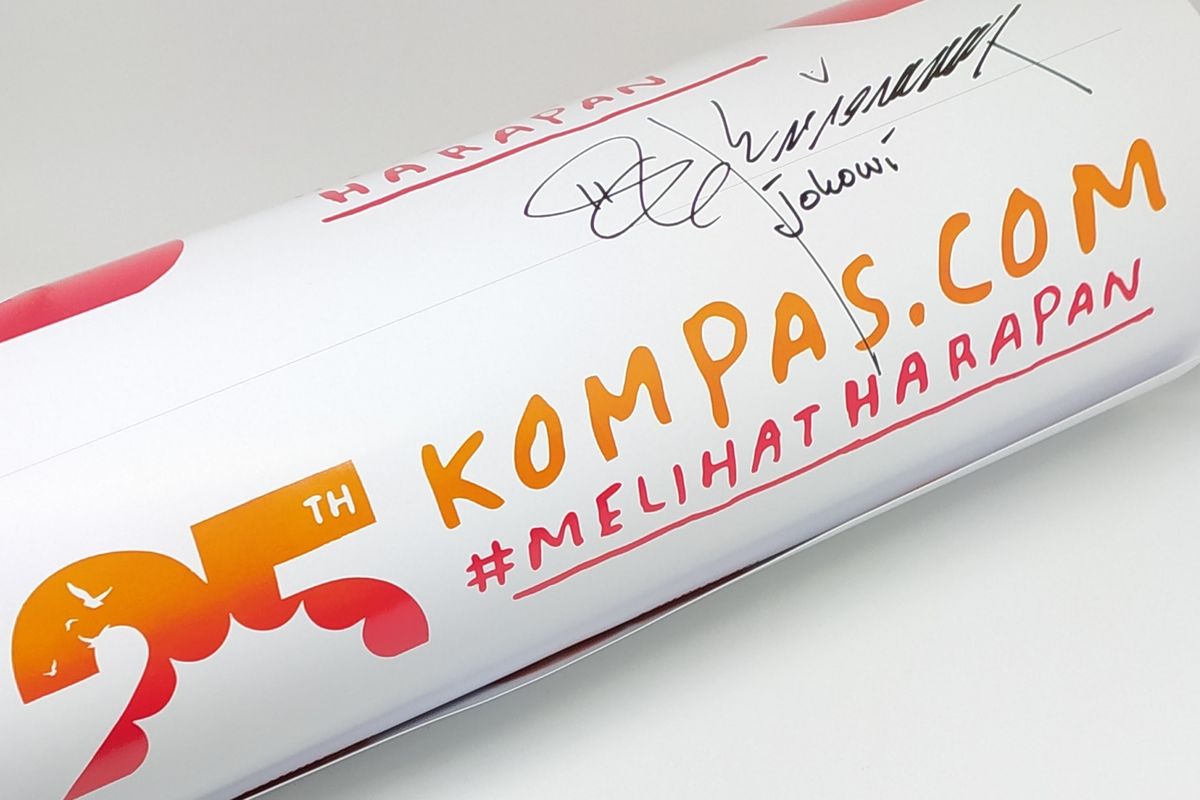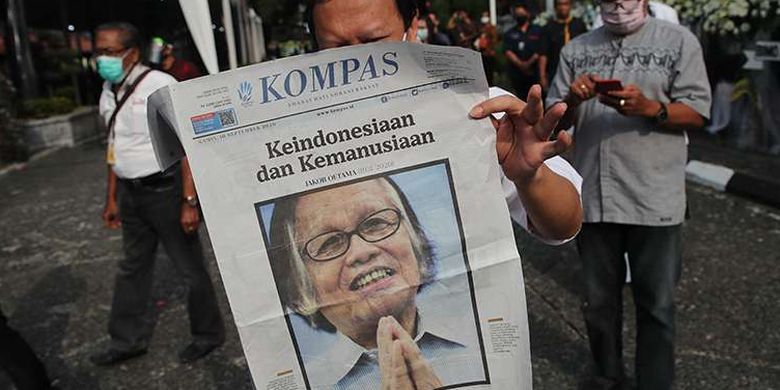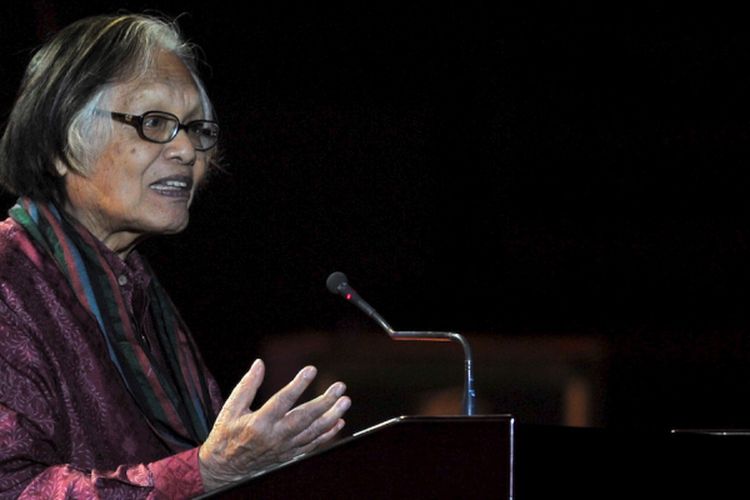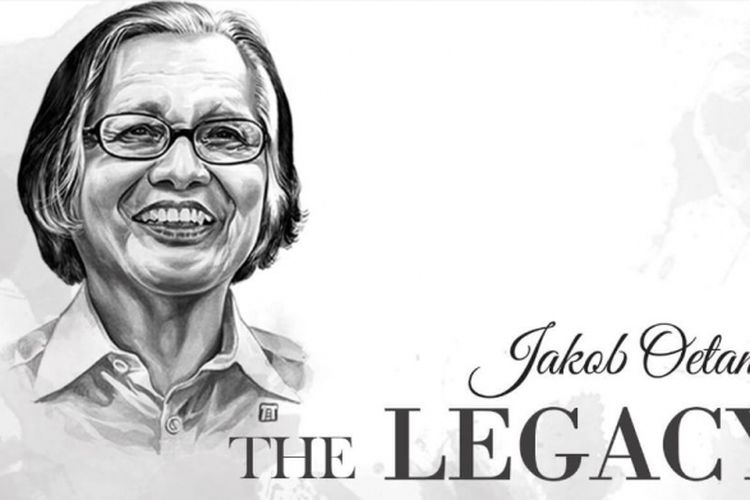Celebrating Jakob Oetama's Legacy: Kompas.com's 25th Anniversary

KOMPAS.com - The passing of a person whom we immensely love, respect, admire, and look up to as a role model in our life leaves us in deep sorrow. The inevitable pain we bear could render many things around us meaningless.
This has been happening to me the past few days since the passing of Jakob Oetama, the founder of Kompas Gramedia group. Jakob died in Mitra Keluarga Kelapa Gading Hospital in North Jakarta. He was 88.
Upon receiving the news of his passing via a text message at 1:05pm local time, I did not read it right away. At the time, I was still moderating the webinar Indonesia Content Marketing Forum (ICMF) organized by Grid.id, a subsidiary company under Kompas Gramedia group.
After the event concluded at 2pm, I checked my cellular phone and saw dozens of unread messages and missed calls.
I froze upon reading the sad news. Many things felt so dull — the things I was doing, even future plans.
Amid our grief, Kompas.com, which was established on September 14, 1995, celebrates its 25th anniversary. A quarter of a century is not a short time for developing an online media that is usually easy to rise but quick to fall.
We experience our journey's rise and fall, and rise again, in search of an ideal form for the online media in a fast-paced environment that demands a lot of adaptations or adjustments.
Jakob Oetama had long ago predicted the change, and indeed the media landscape evolved as he so predicted on various occasions.
Commemorating the 25th anniversary of Kompas.com, hence, is an opportunity to commemorate the legacy of Jakob Oetama and to carry it forward.
In a piece he wrote titled “Merajut Nusantara, Menghadirkan Indonesia” or loosely translated as "Knitting the Archipelago, Presenting Indonesia", Jakob Oetama highlighted the many challenges media faced in order to adapt to the changing times.
The article appeared on the front page of Kompas when the newspaper celebrated its 45th anniversary on June 28, 2010.
Here is an excerpt from his writing: “The identity of mass media institutions, including newspapers — as part of the extension of society (de Volder) — is changing. Not only changes in the way of giving criticism with understanding, firmly in action, gently in manner (fortiter in re, suaviter in modo), but also in means or a medium for conveying.”
 A guest who paid his last respect to Jakob Oetama, founder of Kompas Gramedia group, reading Kompas newspaper in Kompas Gramedia building in South Palmerah, Jakarta on Wednesday, September 9, 2020.
A guest who paid his last respect to Jakob Oetama, founder of Kompas Gramedia group, reading Kompas newspaper in Kompas Gramedia building in South Palmerah, Jakarta on Wednesday, September 9, 2020. Reflective writing 10 years ago is still relevant today. Ten years later, no guidance has yet been found in the ways and means of how mass media present amid change.
It’s not only because some of us are reluctant to change, but the references for the change are constantly changing. The identity of the mass media institutions is changing.
The changes in the means, in the medium, are implemented all the time dynamically, gently to achieve the goals or things that are firmly held: Knitting the Archipelago, Presenting Indonesia.


































